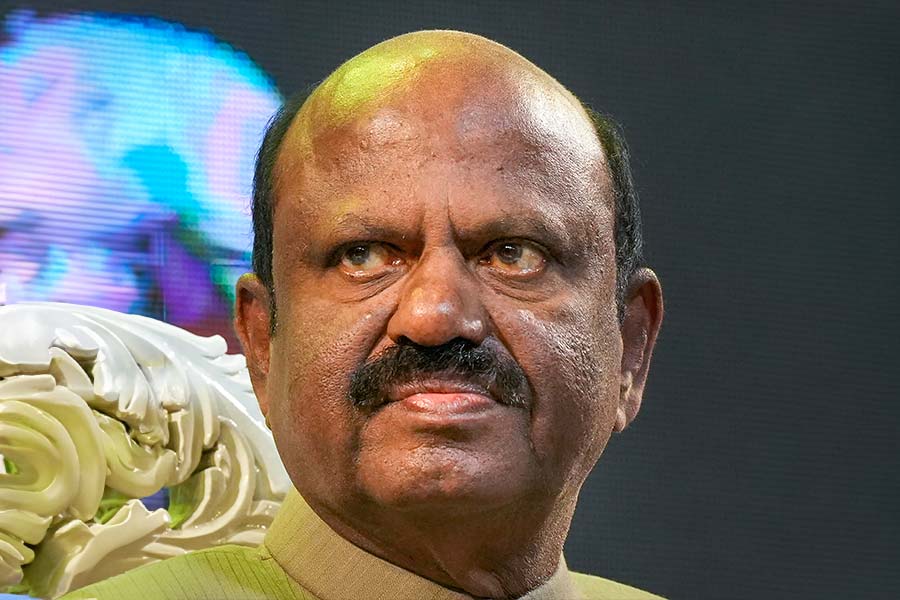Speaking at the Conference of Governors hosted by the Rashtrapati Bhavan, the prime minister, Narendra Modi, urged gubernatorial representatives to act as a bridge between the Centre and the states. Speaking on the same occasion, C.V. Ananda Bose, the governor of Bengal, described the conference as “transformational” and added that the concept of a passive governor belonged to the past. Mr Bose was of the view that a new equation has emerged between elected representatives and governors at present. The sentiments expressed by the prime minister hark back to the constitutional conception of the governor’s office as an institution that is expected to augment India’s federal spirit. Yet, the reality of the governor’s role in independent India has been quite different from what the Constitution had envisaged. Mr Bose’s allegory of a “passive governor” is not correct either. Governors, on more than one occasion, have been eager to abhor a passive role. This is because they have usually acted as an instrument to carry in states the diktat of the party that ruled New Delhi. As early as 1959, the infamous dismissal of Kerala’s first communist government by the Centre was based on an adversarial report by the then governor. Several governors subsequently have also been prejudicial in their conduct at the behest of Congress dispensations at the Centre. Mr Modi’s reign has not been any different in this context. Frequent allegations of governors being critical of state administrations, sitting on files, or their adoption of biased positions have surfaced, especially in the states ruled by Opposition parties. The reason for these developments is not far to seek: governorship, in defiance of the constitutional vision, has been transformed into an expressly political office by the powers that be. Interestingly, periods of coalition rule at the Centre have largely coincided with governors acting according to the stipulations in the Constitution.
What would be truly ‘transformational’ is limiting the governor’s activities within the parameters set by the Constitution. Over the years, several reformatory suggestions have been made to this effect. There is a line of thought that is in favour of introducing the provision of impeachment for governors. Some other august minds have proposed that the selection of a governor must be made by a panel that is more representative. But these views have remained in cold storage as no government has shown a moral urgency to pursue these reforms. After all, gubernatorial activism seldom inconveniences the minders in Delhi.










